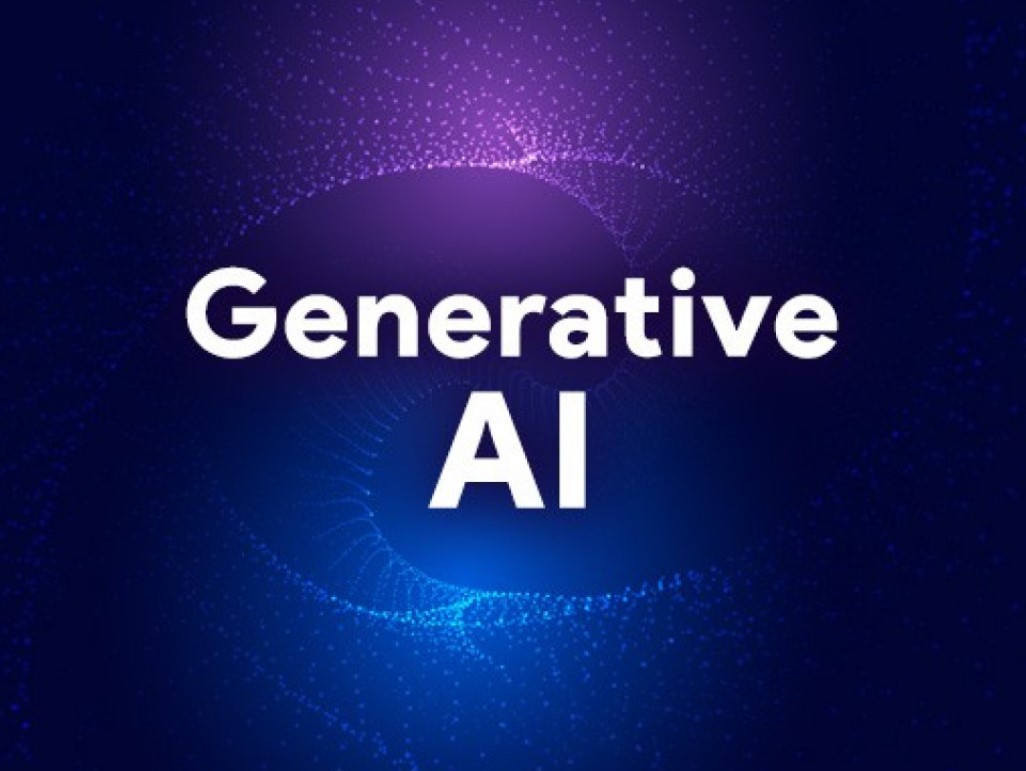The rapid advancement of artificial intelligence (AI) has led to an explosion in data generation, making it essential for professionals to understand how to handle large-scale datasets effectively. An AI course in Bangalore provides students in Marathahalli with the necessary skills and infrastructure knowledge to manage big data efficiently. From cloud computing solutions to high-performance computing (HPC) frameworks, these courses focus on the critical considerations required for handling vast amounts of data in AI applications.
The Need for Robust Infrastructure in AI
AI-driven solutions require enormous computational power and storage capacity. Without a solid infrastructure, organisations struggle to process large datasets efficiently. A generative AI course helps students grasp the fundamental infrastructure components required for managing big data, including cloud platforms like AWS, Google Cloud, and Microsoft Azure. These platforms allow AI models to scale efficiently, ensuring real-time data processing and cost-effective storage solutions.
Cloud Computing for AI Applications
One key component of handling large-scale datasets is cloud computing. It introduces students to cloud-based services that offer flexible and scalable solutions for data storage and processing. Platforms such as Amazon S3, Google BigQuery, and Azure Data Lake enable AI professionals to efficiently manage structured and unstructured data. Cloud-based AI infrastructure also reduces the burden of on-premise hardware, allowing businesses to focus on model development rather than maintenance.
High-Performance Computing (HPC) for AI Workloads
AI applications, particularly deep learning and machine learning models demand significant computational power. It equips students with knowledge about high-performance computing (HPC) clusters, which allow parallel processing of large datasets. GPU and TPU (Tensor Processing Unit) acceleration significantly improve the training time of deep learning models, ensuring faster AI model deployment.
Data Storage Considerations
Effective data storage is critical to handling large datasets. It educates students on different storage solutions, such as relational databases (MySQL, PostgreSQL), NoSQL databases (MongoDB, Cassandra), and distributed file systems (Hadoop HDFS, Apache Parquet). Each of these storage solutions is designed to handle different types of AI workloads, ensuring efficiency in data retrieval and analysis.
Scalable Data Pipelines
Data ingestion and preprocessing are crucial steps in AI development. It emphasises the importance of scalable data pipelines that enable real-time or batch processing of large datasets. Tools such as Apache Kafka, Apache Spark, and Google Dataflow allow AI models to process data at scale, ensuring seamless integration with AI applications. Learning to implement these pipelines helps AI professionals streamline data workflows efficiently.
Data Security and Privacy Concerns
Handling large-scale datasets involves stringent security and privacy measures. It covers best practices in data encryption, access control, and compliance with data protection laws like GDPR and India’s Personal Data Protection Bill. By understanding secure data storage and transmission techniques, AI professionals ensure that sensitive information remains protected from breaches and cyber threats.
Cost Management in AI Infrastructure
Infrastructure costs can be a significant challenge when dealing with large datasets. It educates students on cost optimisation strategies, including serverless computing, auto-scaling, and spot instance usage in cloud environments. AI professionals can reduce unnecessary expenditures by implementing these techniques while maintaining high computational efficiency.
Edge Computing for Real-Time AI Processing
With the rise of IoT and real-time AI applications, edge computing has become an essential component of AI infrastructure. It introduces students to edge AI, which allows data processing closer to the source rather than relying on centralised cloud infrastructure. This minimises latency, enhances efficiency, and improves AI model performance in real-time applications such as autonomous vehicles, smart surveillance, and industrial automation.
Containerisation and Orchestration
Managing AI workloads efficiently requires containerisation and orchestration tools like Docker and Kubernetes. It teaches students how to deploy, manage, and scale AI applications using containerised environments. Kubernetes, in particular, allows for the automated deployment and scaling of AI models across multiple cloud and on-premise servers, optimising resource utilisation.
Leveraging AI-Specific Hardware
Specialised hardware plays a crucial role in handling large-scale datasets. It provides insights into AI accelerators like NVIDIA GPUs, Google TPUs, and FPGA-based computing solutions. These hardware components significantly enhance AI model training and inference capabilities, making them essential for high-performance AI applications.
The Role of Distributed AI Systems
AI systems often require distributed computing frameworks to process extensive datasets. It introduces students to frameworks like Apache Hadoop, Apache Spark, and Ray, enabling parallel processing of massive datasets. Distributed AI systems enhance fault tolerance, scalability, and computational efficiency, making them ideal for large-scale AI applications.
Future Trends in AI Infrastructure
The field of AI infrastructure is evolving rapidly, with innovations in quantum computing, federated learning, and AI-driven automation shaping the future. It ensures that students stay updated with the latest trends, preparing them for future advancements in AI technology. By gaining expertise in emerging infrastructure solutions, AI professionals can drive innovation in data-intensive AI applications.
Conclusion
Handling large-scale datasets requires a deep understanding of AI infrastructure, including cloud computing, HPC, data storage, security, and cost optimisation strategies. It equips students in Marathahalli with the skills necessary to navigate these challenges effectively. By mastering infrastructure considerations, AI professionals can develop scalable, efficient, and secure AI applications that harness the full potential of big data. As AI revolutionises industries, expertise in large-scale dataset management will be a crucial asset for aspiring AI engineers and data scientists.
For more details visit us:
Name: ExcelR – Data Science, Generative AI, Artificial Intelligence Course in Bangalore
Address: Unit No. T-2 4th Floor, Raja Ikon Sy, No.89/1 Munnekolala, Village, Marathahalli – Sarjapur Outer Ring Rd, above Yes Bank, Marathahalli, Bengaluru, Karnataka 560037
Phone: 087929 28623
Email: enquiry@excelr.com










